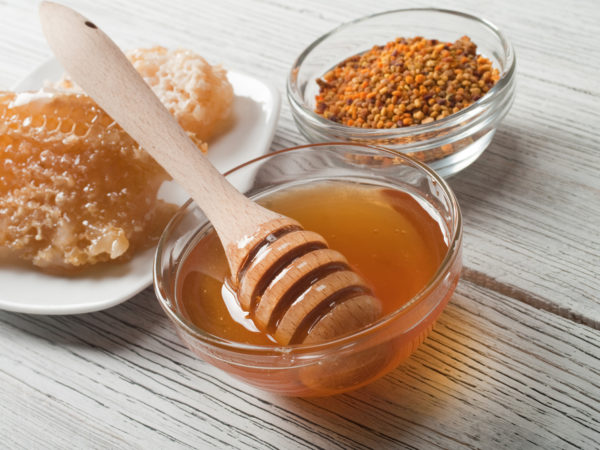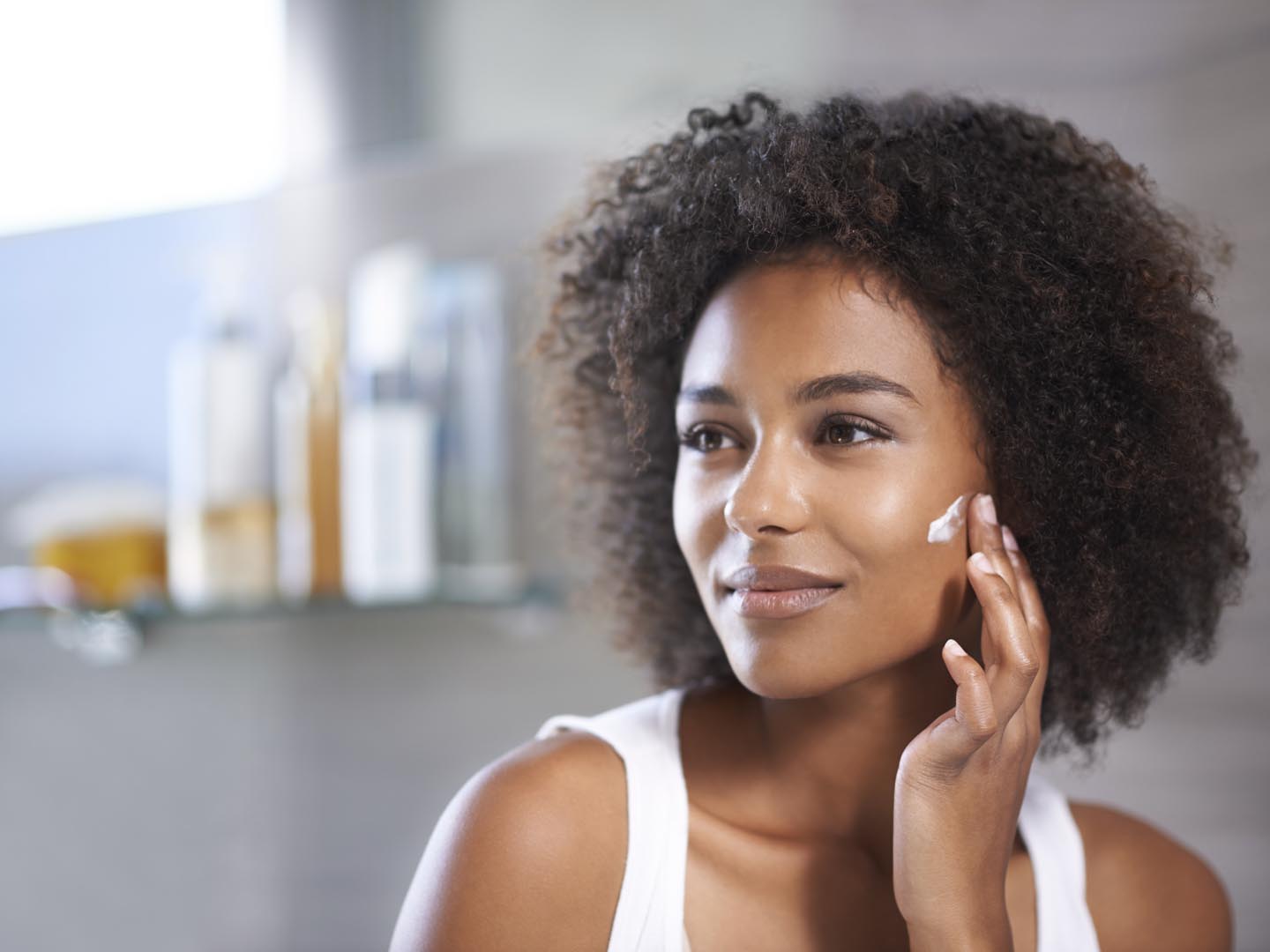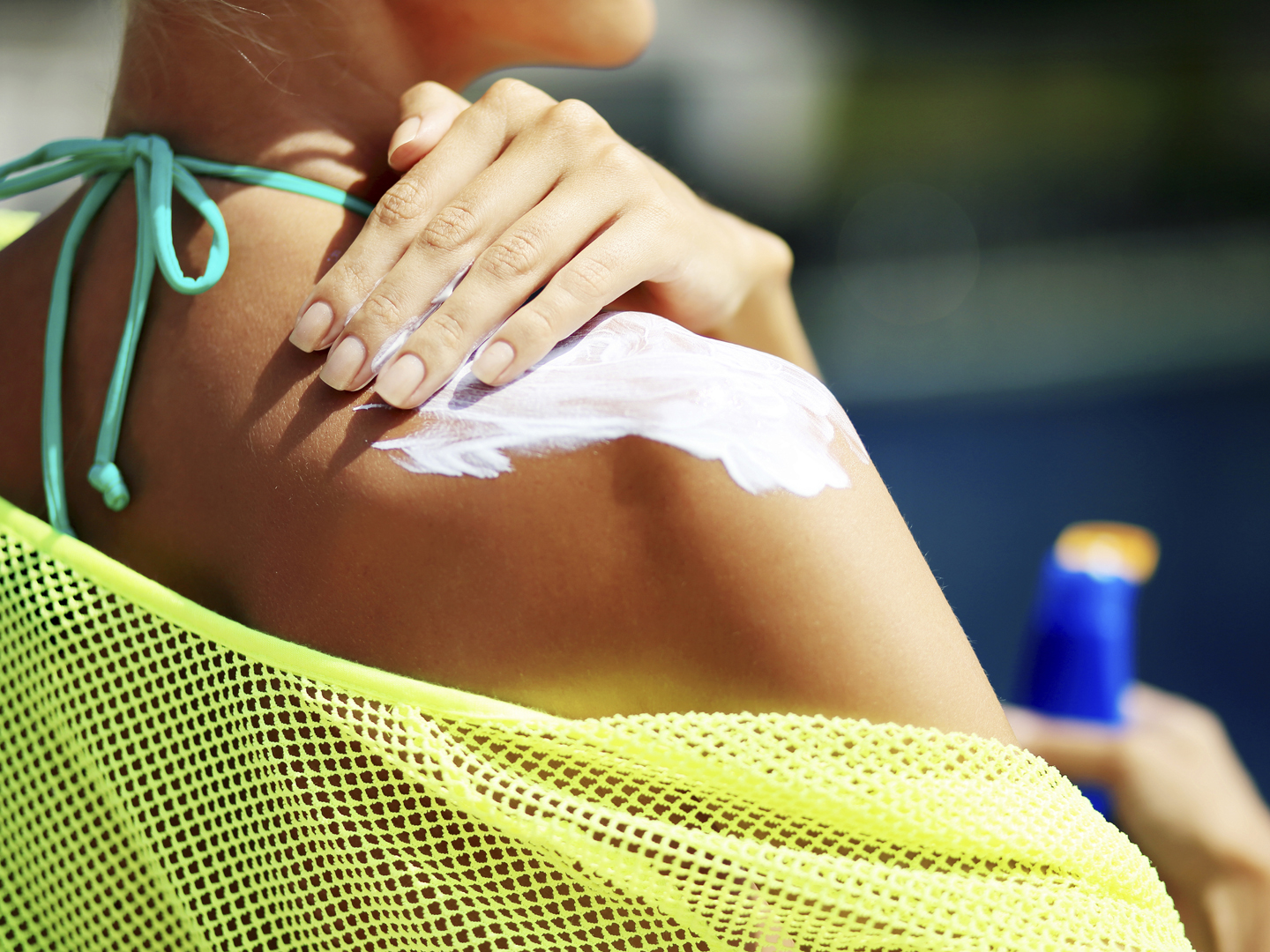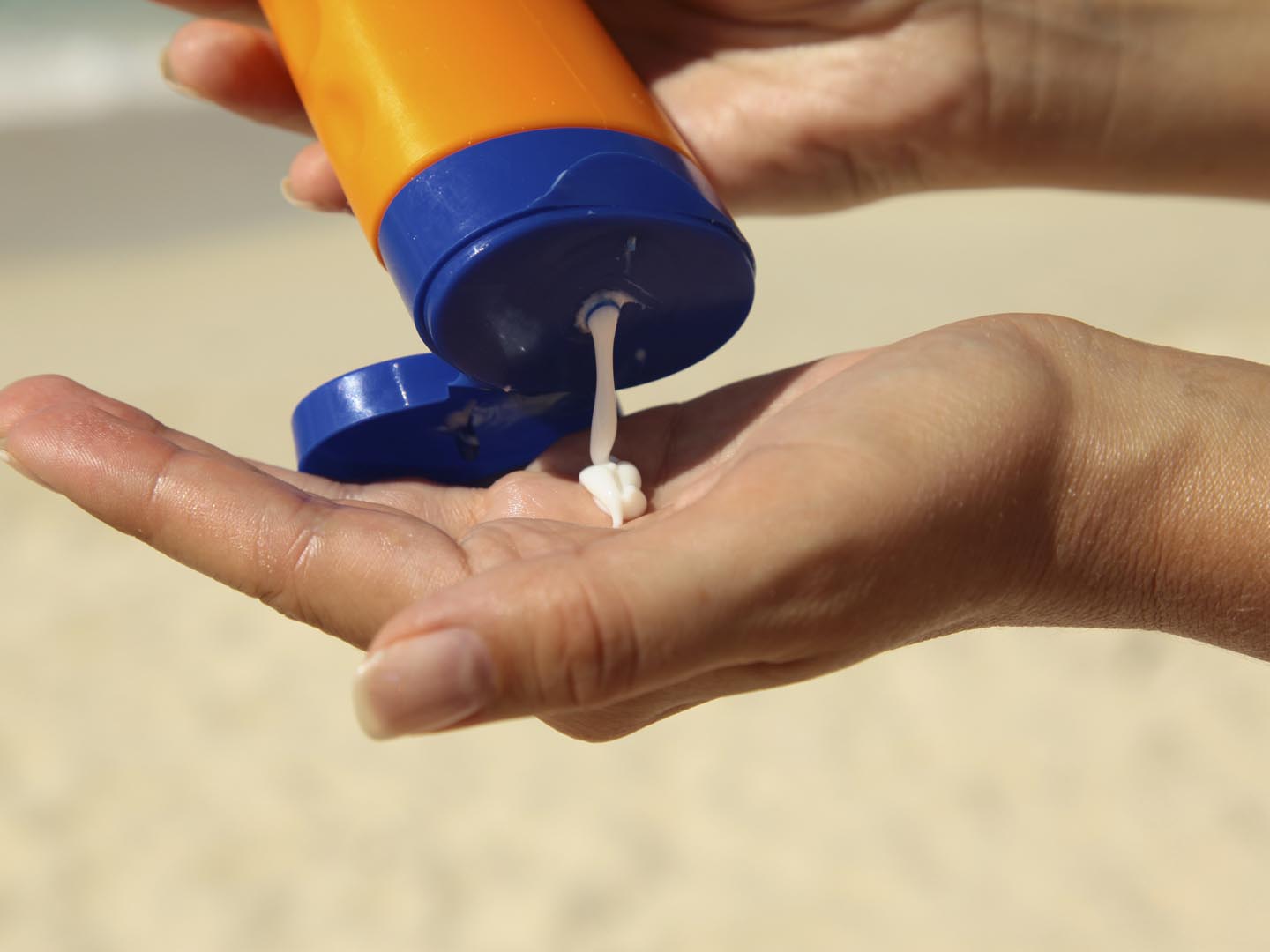Canker Sore Causes & Treatments

What Is A Canker Sore?
One in five people regularly gets canker sores, otherwise known as mouth ulcers or aphthous ulcers. These disruptions of oral mucosa form on the inside of the lips, cheeks, or under the tongue and can be extremely painful.
What Are The Symptoms Of Canker Sores?
Canker sores are typically red sores or bumps that develop into a slightly concave ulcer with a whitish coating, surrounded by a red halo. Most often these are no bigger than a third of an inch in diameter and start turning grayish in color before disappearing. These sores are often irritated by contact with food, especially those that are spicy or acidic, including beverages such as orange juice. Less commonly, one might also experience fever, malaise, and swollen lymph nodes. Most heal within a week or two without treatment. Unfortunately, there’s no treatment that reliably eliminates them or fully relieves the pain they cause.
What Causes Canker Sores?
Unlike cold sores (or fever blisters), canker sores are not contagious and appear to be hereditary, with children of canker sore sufferers having a 90% chance of getting them as well. Teens or young adults in their twenties seem to experience the most recurrences. This could support a hormonal link, since canker sores also tend to occur among women during menstruation.
Physical trauma such as accidentally biting the inside of your cheeks, a reaction to hot foods or beverages, or cuts made inside the mouth by braces or dental work can precede the appearance of a canker sore. Fatigue, stress, or allergies might also increase the likelihood of a canker sore and some research suggests that developing these oral annoyances indicate a depleted immune system. Deficiencies of vitamin B-12, zinc, folic acid, and iron are also suspected to be contributing factors, but there’s not much scientific evidence to back up these theories. Some experts believe that in some people canker sores might be an allergic reaction to a bacterium commonly found in the mouth.
Canker sores can be a symptom of sensitivity to gluten (gluten is the protein in wheat and other grains). To find out if that’s the problem, ask your doctor to test you for gluten intolerance, also known as celiac disease. If you continue to have recurrences, you may want to ask your physician to test you for other causes such as drug allergies or the very rare chance of having a disease associated with mouth sores, such as Bechet’s disease. Beyond that, we don’t know for sure what causes regular bouts with canker sores.
What Are The Conventional Canker Sore Treatments & Medications?
The latest breakthrough in treating canker sores is laser therapy, in which a dentist uses a diode laser to immediately relieve pain and purportedly expedite the healing process. A small study of 94 head and neck squamous cell skin cancer patients (whom often develop canker sores from the treatments) suggests that low-level laser therapy might even be a preventative measure for canker sores. Your doctor or dentist can also apply cauterizing types of chemicals to destroy the tissue, such as silver nitrate to relieve pain or Debacterol to reduce healing time. Many patients will instead be prescribed anti-inflammatory, pain-relief ointments and pastes (such as Aphthasol or Kenalog in Orabase) applied directly to the sore. Mouth rinses containing a steroid called dexametasone, antibiotic tetracycline, or tissue-numbing lidocaine are sometimes prescribed as well. These medical interventions are often limited to those with severe cases or who suffer from regular recurrences.
There are different formulas of over-the-counter “patches,” which are pill-like disks that adhere to the sore. They serve as a protective layer and release medication over a period of several hours before dissolving. These canker sore treatments don’t cure the canker sores, but they may prevent them from becoming irritated and more painful when you eat, drink, or brush your teeth. You can also try taking ibuprofen or acetaminophen for pain relief from canker sores. Other pain remedies include mixing equal parts of milk of magnesia and Benadryl Allergy Liquid; swishing a teaspoon in your mouth for about one minute and then spitting it out every four to six hours may reduce canker sore pain.
What Natural Canker Sore Therapies Does Dr. Weil Recommend?
- Use goldenseal mouth rinse. In one cup of warm water, mix one quarter teaspoon of salt and one half teaspoon (or the contents of one capsule of goldenseal powder). Note that it will not dissolve completely.
- Switch to toothpaste that does not contain sodium lauryl sulfate (SLS), a foaming agent, which may help reduce recurrences.
- Take a B-100 complex and vitamin C supplement daily.
- Try applying a tincture of propolis, available at health food stores. Propolis, the cement made by honeybees to construct their hives, has remarkable antiseptic and healing properties.
- Use DGL (deglycyrrhizinated licorice), a licorice extract with mucosa healing properties that you can buy in the health food store as chewable tablets or powder. Make a paste of the substance with saliva and apply it to the sore area.
- Make a thick gel-paste from slippery elm powder by mixing it with water and applying it to the sore. Alternatively, rinse with slippery elm tea, or suck on slippery elm lozenges, available in both drug and health food stores.
- Topically apply alum powder, available in the spice sections of supermarkets, directly to an ulcer. It will burn for a few minutes and will promote rapid healing.
- Taking probiotics (products that help replenish the friendly bacteria in the digestive tract) may also be helpful.
- Mind/body medicine, such as hypnosis or guided imagery, can be effective.
- Traditional Chinese Medicine (TCM) such as acupuncture or being prescribed Xi Gua Shuang, Watermelon Frost topical treatment could prove beneficial.
- Try to minimize the discomfort of canker sores by avoiding acidic and spicy foods as well as abrasive foods such as nuts, all of which can be irritating.
Reviewed by Ben Gonzalez, M.D., September 2016.
Sources:
http://www.choa.org/Child-Health-Glossary/C/CA/Canker-Sores_KH_Parent
http://publications.usa.gov/epublications/fever-blister/fever-canker.html
https://www.nlm.nih.gov/medlineplus/ency/article/000998.htm
http://www.ncbi.nlm.nih.gov/pmc/articles/PMC4083525/
http://www.ncbi.nlm.nih.gov/pubmed/16361807
http://www.mayoclinic.org/diseases-conditions/canker-sore/basics/treatment/con-20021262
http://www.rxlist.com/aphthasol-drug.htm
http://www.animated-teeth.com/canker_sores/t4_canker_sores_treatments.htm
http://www.massdental.org/cankersores.aspx
https://www.sciencedaily.com/releases/2010/11/101117112545.htm
https://www.sciencedaily.com/releases/2009/02/090210092732.htm
https://www.sciencedaily.com/releases/2013/10/131021095205.htm
https://www.sciencedaily.com/releases/2008/05/080522154850.htm
https://www.sciencedaily.com/releases/2007/03/070322161029.htm









